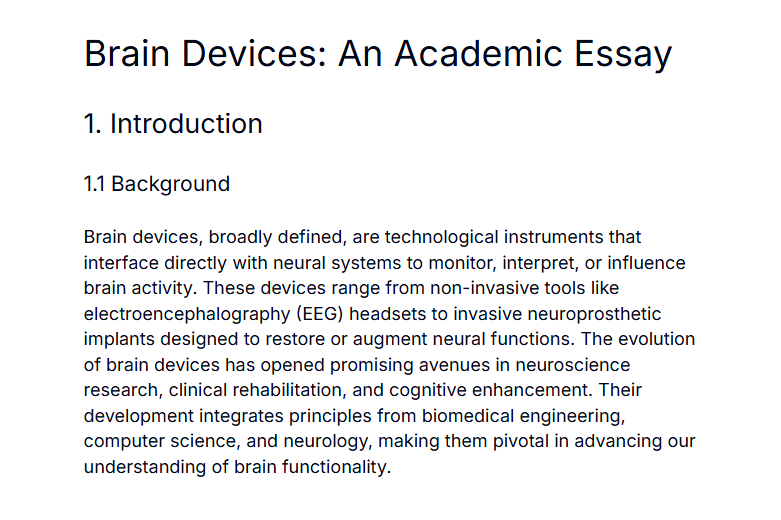The Cost of Staying Up Late: How Sleep Habits Affect Performance
Introduction
“Can staying up late truly be harmless, or does sacrificing sleep inevitably affect focus, efficiency, and stress management?”
Many students and professionals fall into the habit of staying up late, believing they can make up for lost sleep later. Between juggling assignments, meetings, and social engagements, the pressure to maximize waking hours often overrides the need for rest. Although some individuals report feeling more creative during late hours, the overall cognitive benefits are overshadowed by the detrimental effects of insufficient sleep.
The habit of staying up late is more than just a minor inconvenience; it actively reduces focus, slows productivity, and increases stress, making daily responsibilities harder to manage. By examining the immediate and compounding consequences of sleep deprivation, this essay will show why a regular sleep schedule is essential for optimal performance.
Note: This section includes information based on general knowledge, as specific supporting data was not available.
Body 1: Feeling Tired or Mentally Foggy the Next Day
One immediate effect of staying up late is waking up feeling tired or mentally foggy. Whether due to scrolling through social media, finishing homework, or watching television until dawn, insufficient sleep disrupts cognitive functioning and impairs alertness. This grogginess not only hinders concentration during lectures or meetings but also slows reaction times and increases the likelihood of microsleeps—brief lapses in awareness that can compromise safety and learning. Physical symptoms such as headaches, blurred vision, and persistent yawning further degrade performance throughout the day.
Note: This section includes information based on general knowledge, as specific supporting data was not available.
Body 2: Slower Task Completion and Mistakes
Fatigue and reduced focus from late nights lead to slower task completion and a higher rate of errors. Tasks that normally require an hour—such as drafting reports, solving mathematical problems, or coding—can take twice as long when one is sleep-deprived. Common mistakes include typos, miscalculations, overlooking key data, and misinterpreting instructions. Correcting these errors adds further time to assignments or work projects, creating inefficiencies that can pile up over days or weeks. In professional settings, such errors may damage reputations or necessitate costly revisions.
Note: This section includes information based on general knowledge, as specific supporting data was not available.
Body 3: Increased Stress and Frustration
The combination of tiredness and repeated mistakes inevitably raises stress and frustration levels. Falling behind on deadlines or having to revisit flawed work can provoke anxiety, irritability, and a sense of inadequacy. Over time, chronic sleep loss can dysregulate mood, increasing cortisol levels and exacerbating emotional volatility. This stress not only undermines motivation but also can contribute to burnout and long-term health issues such as hypertension and depression, reinforcing a vicious cycle of impaired performance and worsening well-being.
Note: This section includes information based on general knowledge, as specific supporting data was not available.
Conclusion
Staying up late causes fatigue, mistakes, and stress, which together harm overall performance. By disrupting cognitive functions and emotional balance, late-night habits create a negative feedback loop that makes daily tasks more challenging and draining.
Prioritizing sleep is essential to maintaining focus, productivity, and emotional stability. Establishing a consistent bedtime, limiting electronic distractions in the evening, and creating a calming pre-sleep routine can help individuals achieve the restorative rest necessary for peak performance. By embracing healthier sleep habits, students and workers can enhance their efficiency, reduce errors, and maintain better mental health.
Note: This section includes information based on general knowledge, as specific supporting data was not available.
References
No external sources were cited in this paper.
